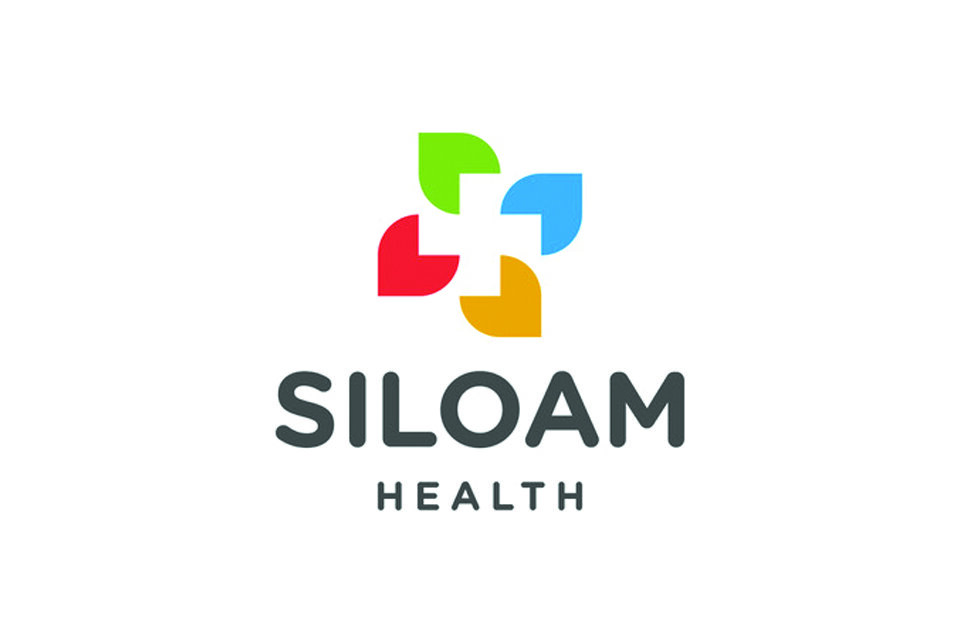Friends for Good :: Nashville Neighbors // Siloam Health

Audio

Siloam Health
Take a moment to appreciate your friends. You know you can count on them for a listening ear when you’re trying to figure out things, for good information and advice when you need direction, for help when you’re in a bind, and yes, even for fun. Research has documented the value of friendships, showing that they contribute to the health, wellbeing, and confidence of people.
A recipient of a West End’s Missions and Outreach grant, Siloam Health serves the uninsured, underserved, and culturally marginalized in Nashville, especially newly arrived refugees. For over 25 years, Siloam has provided medical care for nearly 4,000 people each year in their primary care clinic, as well as community health education and empowerment for Nashville’s immigrant communities. Siloam also welcomes all newly-arrived refugees to their clinic for medical screenings that are required as part of their entry into the United States. This refugee medical screening program led to the establishment of a new Siloam initiative in 2017, called Nashville Neighbors. Nashville Neighbors exists to promote wellness among newly arrived refugees and create new friendships between refugee families and established Nashvillians.
According to Katie Richards, Siloam’s Chief Development Officer, a Nashville Neighbors team is composed of 6 to 14 adults, usually ones who already know one another through church or another type of friendship tie. Siloam pairs each volunteer team with a newly-arrived refugee family, providing training as well as a health education curriculum that the team and their refugee family walk through together over a six-month period of time. Siloam also pays for an interpreter to facilitate communication between the team and the family. Each team commits to six months, but team members share the responsibility for being good neighbors so they, as friends, can support one another in this new venture and no one person is overwhelmed.
What happens during those brief months? Many of the refugees have fled violence and war in their home country only to be “housed” in a crowded refugee camp in yet another country, with an average stay of 14 years. Leaving behind whatever little support system they had and coming to America, they face a new language, new systems, new expectations of them, new challenges. Having friends to “walk alongside them” makes something as “simple” as filling out an application (in a language that they don’t speak) and negotiating other common tasks of daily living in a new culture and society much more manageable.
As for the friends on the team, as they get to know the names, faces, and stories of their new neighbors and see them blossom with better health, wellbeing, and confidence, the Nashville Neighbor teams find their own hesitations dissipating and the blessings flowing both ways.
